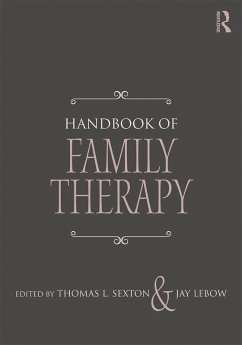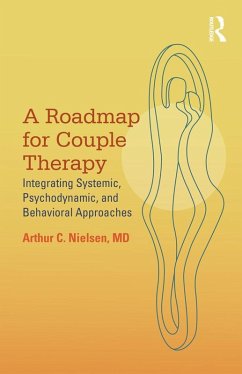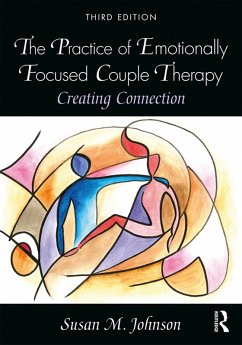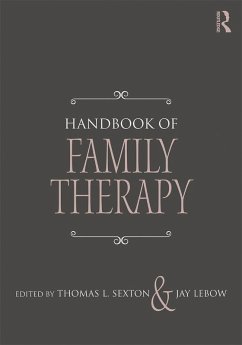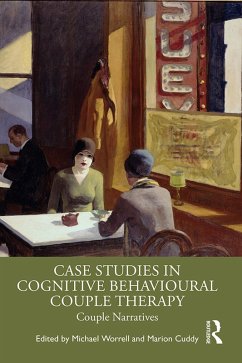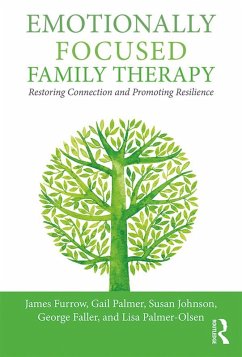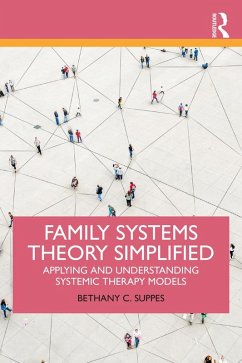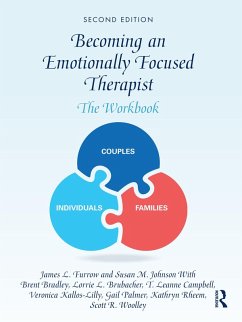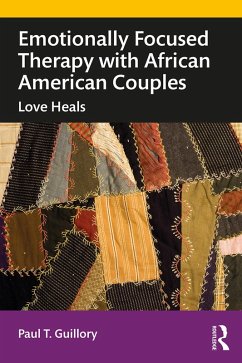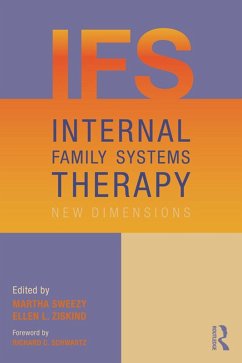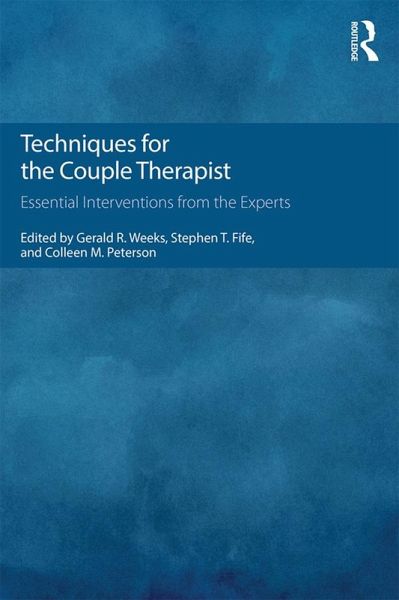
Techniques for the Couple Therapist (eBook, ePUB)
Essential Interventions from the Experts
Redaktion: Weeks, Gerald R.; Peterson, Colleen M.; Fife, Stephen T.
Versandkostenfrei!
Sofort per Download lieferbar
37,95 €
inkl. MwSt.
Weitere Ausgaben:

PAYBACK Punkte
19 °P sammeln!
Techniques for the Couple Therapist features many of the most prominent psychotherapists today, presenting their most effective couple therapy interventions. This book provides clinicians with a user-friendly quick reference with an array of techniques that can be quickly read and immediately used in session. The book includes over 50 chapters by experts in the field on the fundamental principles and techniques for effective couple therapy. Many of the techniques focus on common couple therapy processes such as enactments, communication, and reframing. Others focus on specific presenting probl...
Techniques for the Couple Therapist features many of the most prominent psychotherapists today, presenting their most effective couple therapy interventions. This book provides clinicians with a user-friendly quick reference with an array of techniques that can be quickly read and immediately used in session. The book includes over 50 chapters by experts in the field on the fundamental principles and techniques for effective couple therapy. Many of the techniques focus on common couple therapy processes such as enactments, communication, and reframing. Others focus on specific presenting problems, such as trauma, sexual issues, infidelity, intimate partner violence, and high conflict. Students, beginning therapists, and seasoned clinicians will find this pragmatic resource invaluable in their work with couples.
Dieser Download kann aus rechtlichen Gründen nur mit Rechnungsadresse in A, B, BG, CY, CZ, D, DK, EW, E, FIN, F, GR, HR, H, IRL, I, LT, L, LR, M, NL, PL, P, R, S, SLO, SK ausgeliefert werden.




